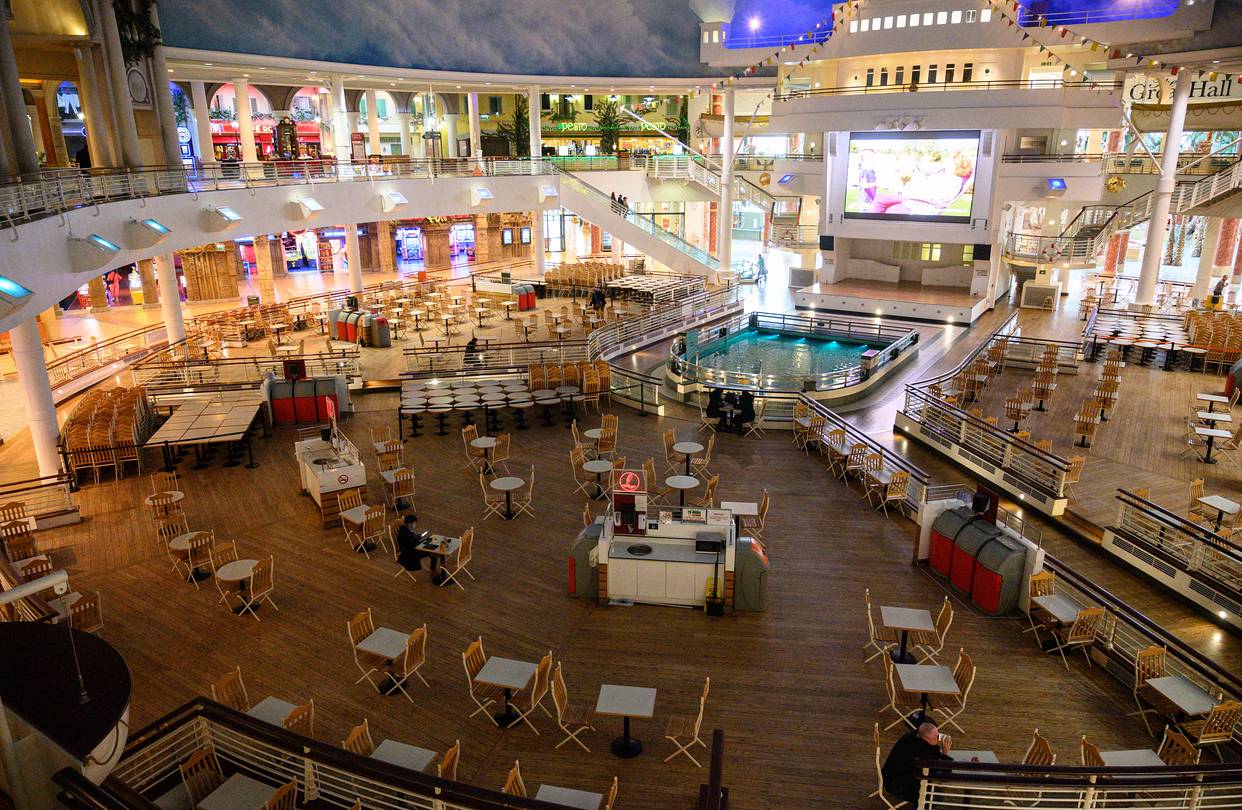2020 was set to be a record year for retail in the Middle East. The six-month long Dubai Expo was supposed to attract shoppers from around the world and the region’s malls prepared for ever-increasing numbers of shoppers. The coronavirus has crushed all of this hopeful expectation, with lockdowns and curfews bringing sales through retail stores to a grinding halt.
Unforeseen changes
Throughout the Middle East and North Africa (MENA), Ramadan and Eid-al-Fitr equal the Christmas season in Europe and North America. Shoppers flock to retailers for new clothes, festive food, and gifts for friends or family. But the COVID-19 epidemic meant closed mosques and few retailers outside of grocery stores allowed to operate.
These trends have created a make-or-break moment for many retailers in the region. Those who were already providing online sales, or were ready to make the transition, have come out as winners, while those lagging behind have struggled to survive.
Now that online shopping is no longer a necessity, with shops and malls reopening, it appears that consumers in the MENA region have structurally changed their consumer behavior. A study done by Ernst & Young (EY) revealed that 92% of shoppers in the UAE and Saudi Arabia had changed their shopping habits, with half of those considering it a “significant” change.
Altered paradigm
The EY survey showed a dramatically altered retail paradigm. Forty-seven percent of those surveyed signaled that in the coming two years they expect to do their grocery shopping online and 50% of correspondents said they will consciously reduce their amount of physical shopping to less frequent visits for larger purchases.
The retail landscape in the region is changing rapidly. This follows years of construction on new retail malls that hoped to generate a “casual shopping” experience, where trips to retailers is seen as a form of entertainment in itself. For malls and shopping centers the trend will precipitate a renewed focus on generating “experiences” for shoppers that they cannot have at home, mixing shopping with visits to movie theaters or culinary experiences.
Global e-commerce was worth $25.6 trillion in 2018 and the trend towards online shopping has since accelerated. Whether brick-and-mortar stores can again attract customers by providing new experiences remains to be seen as convenient online shopping is now the safer choice amid persistent worries over the global pandemic.





